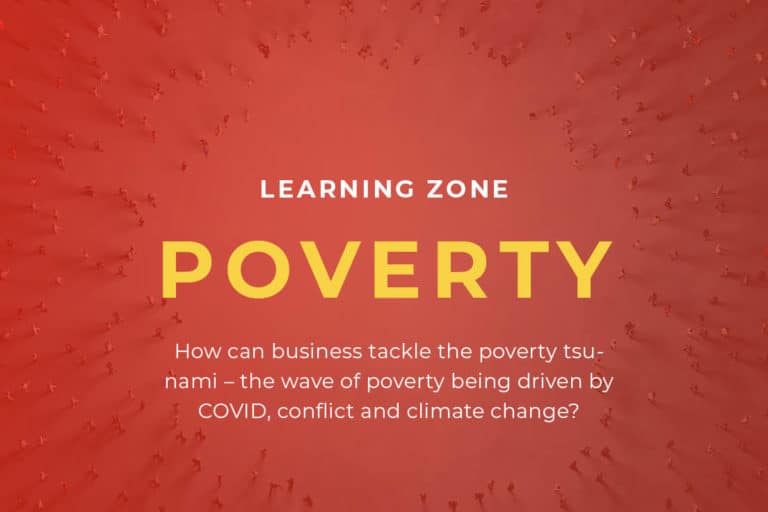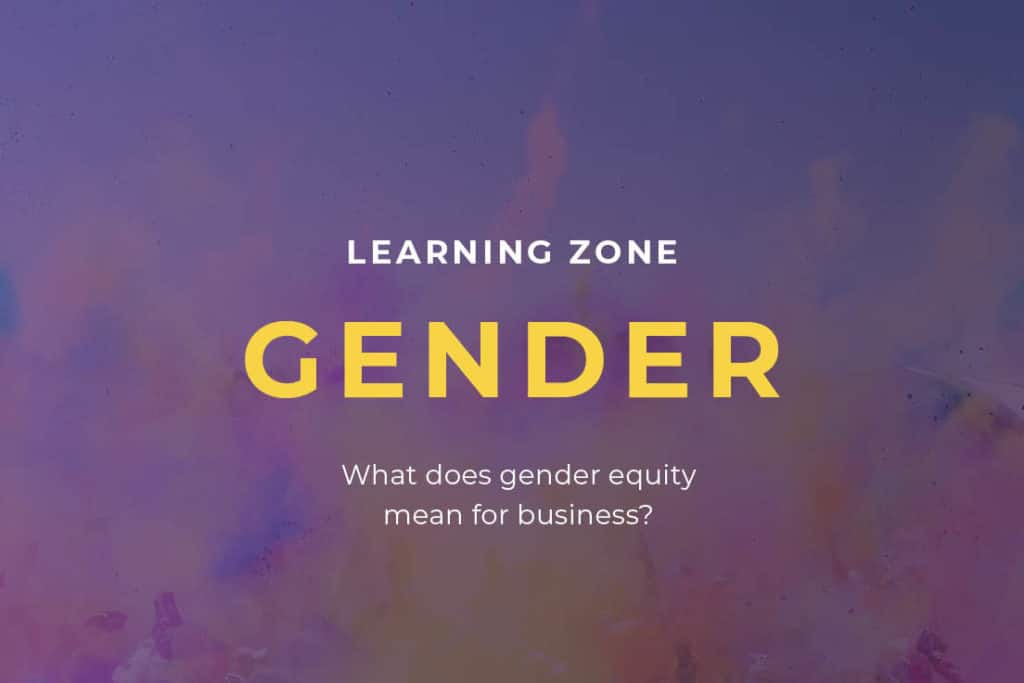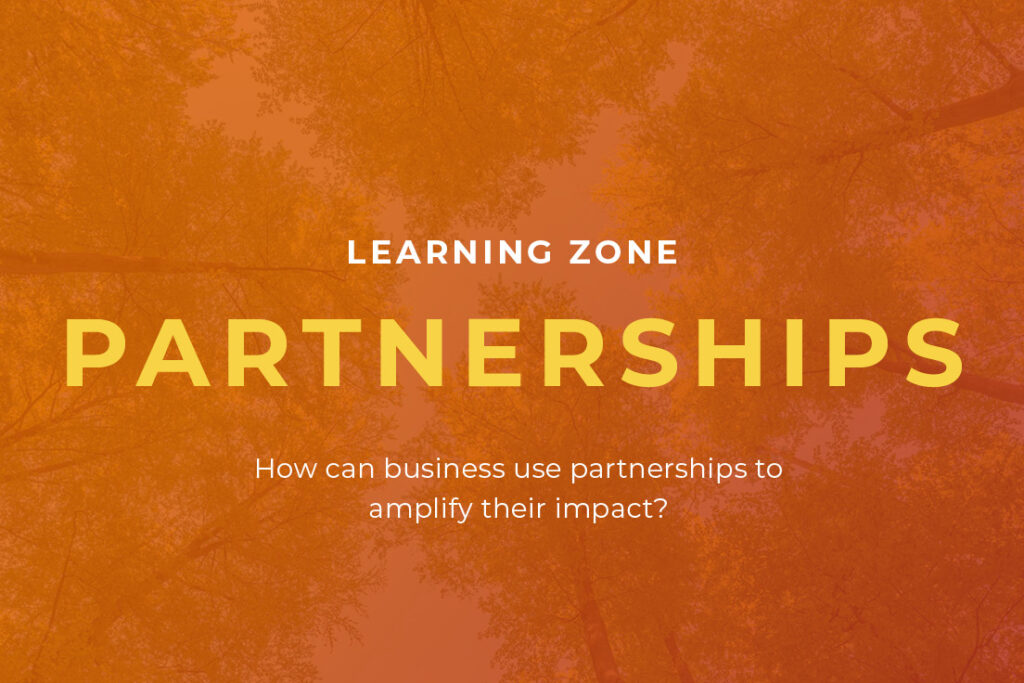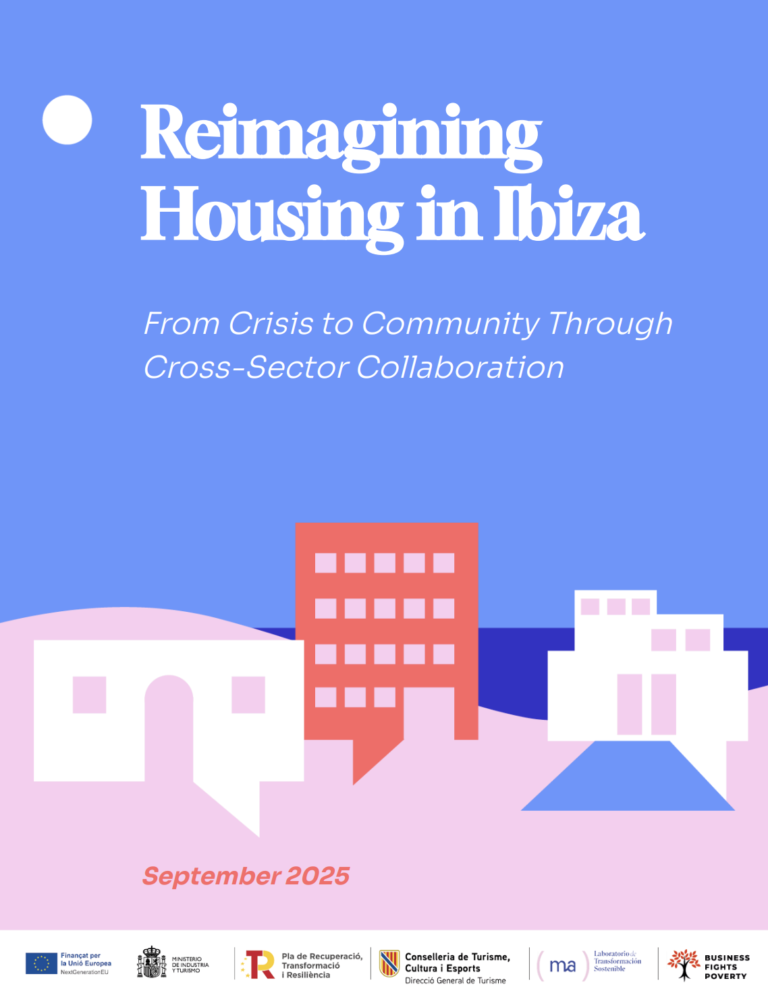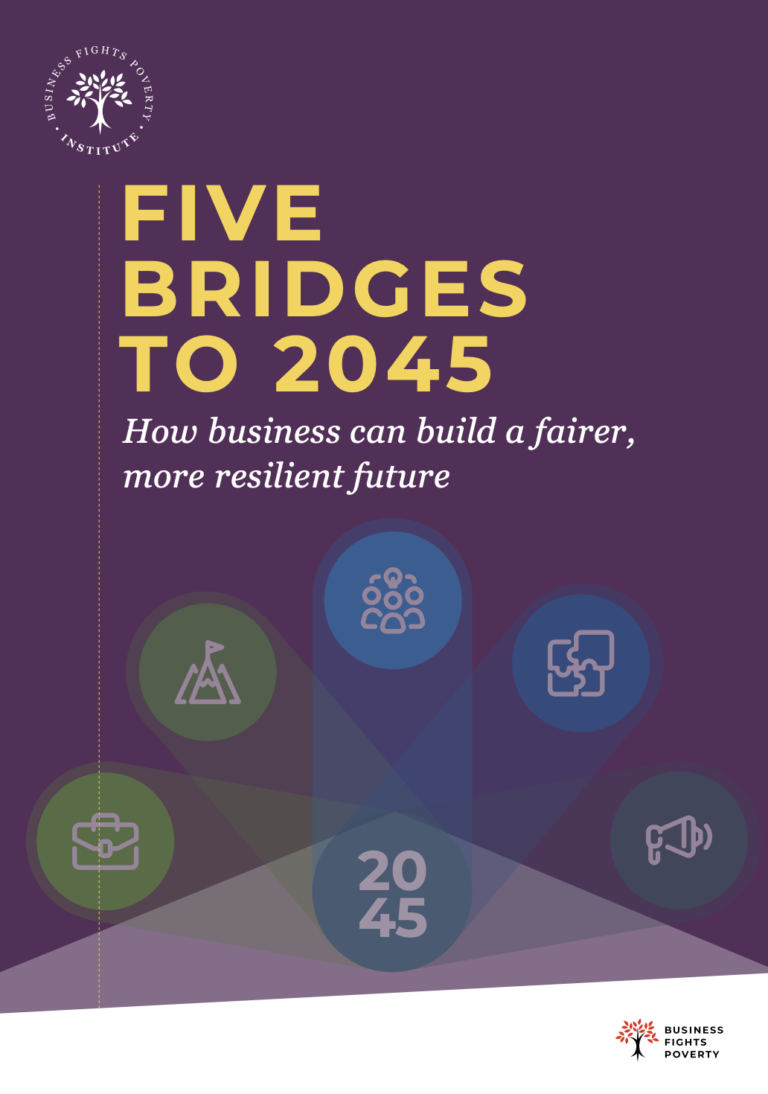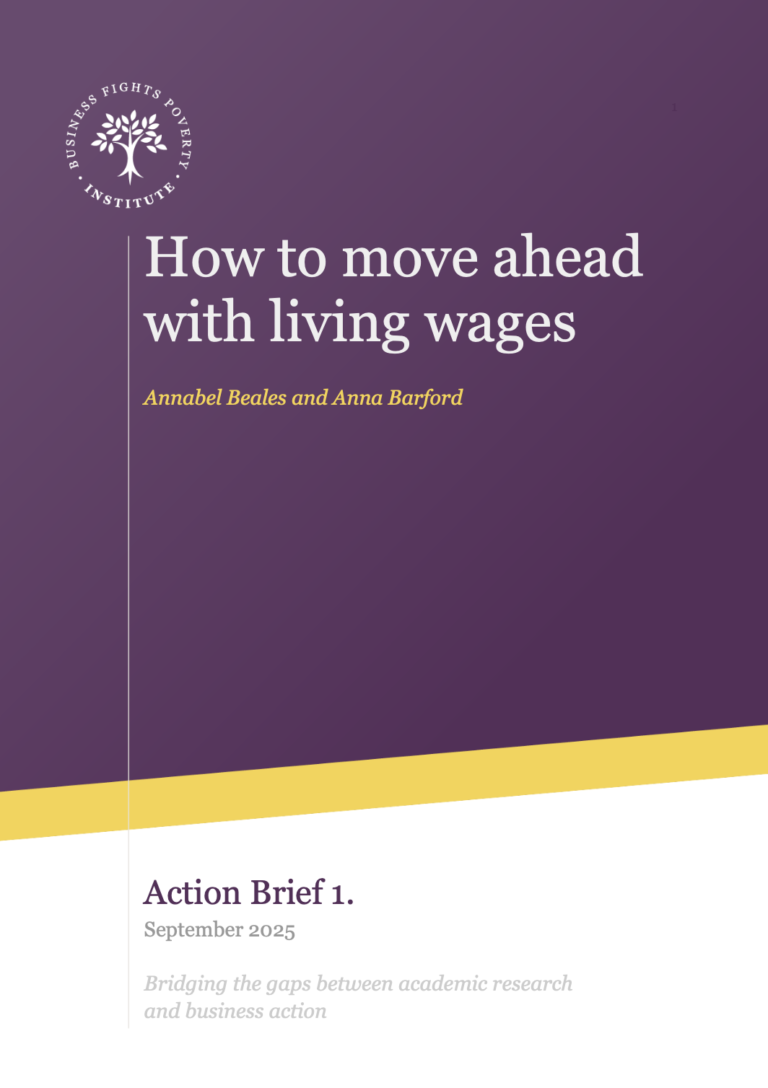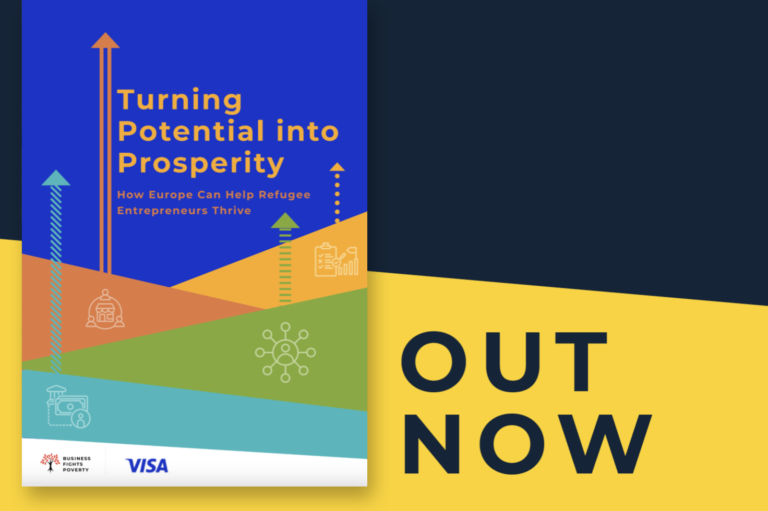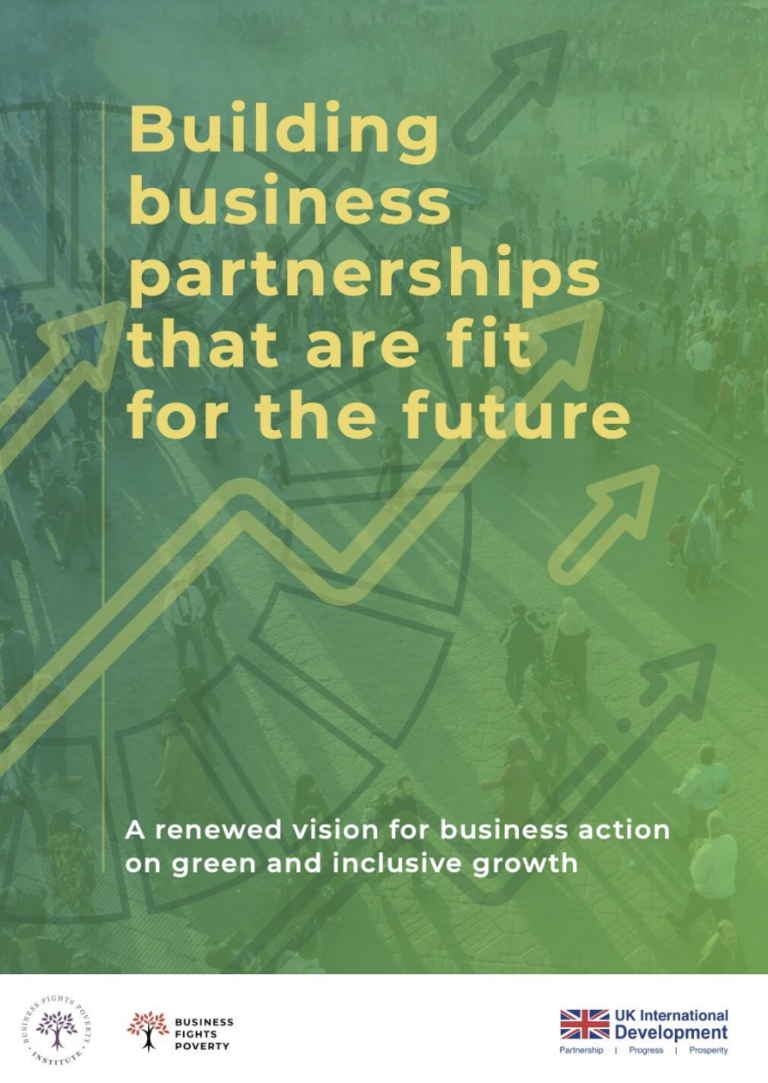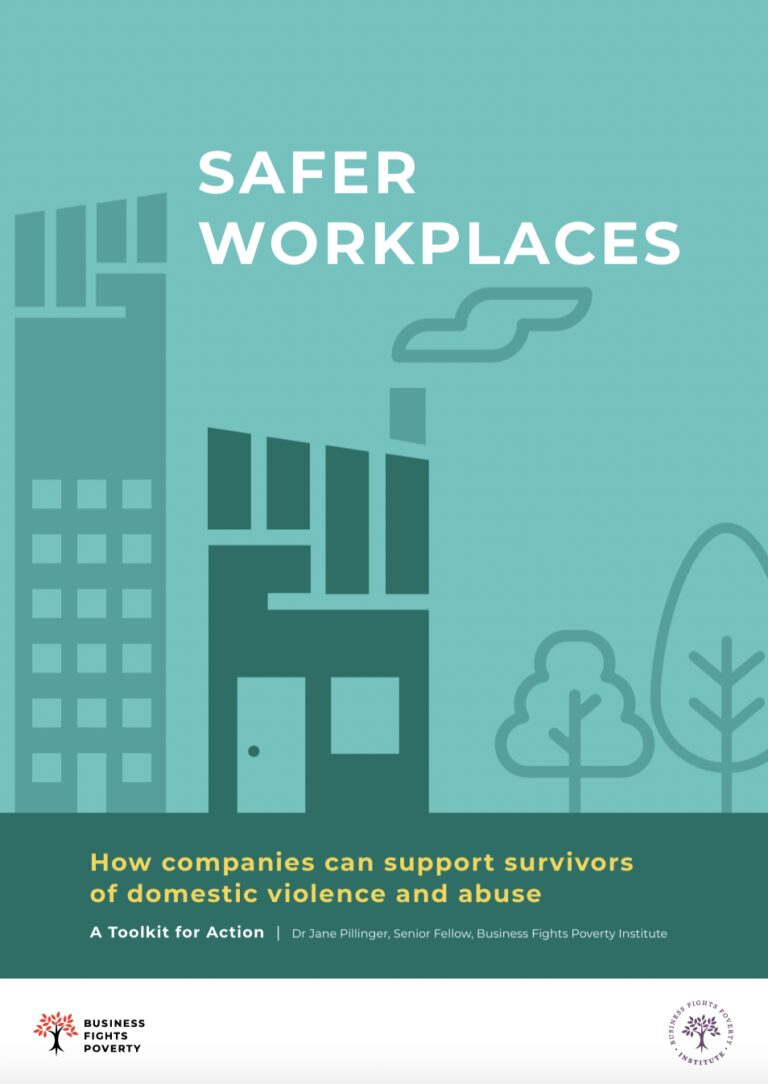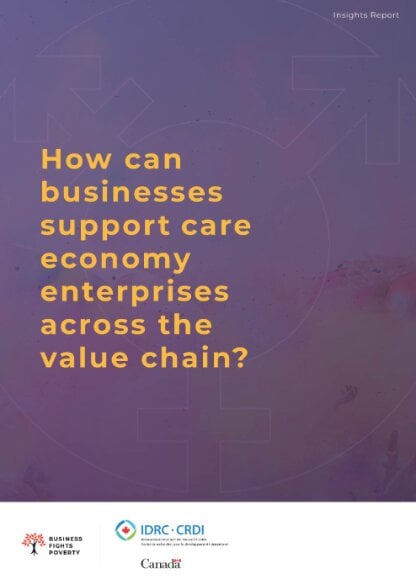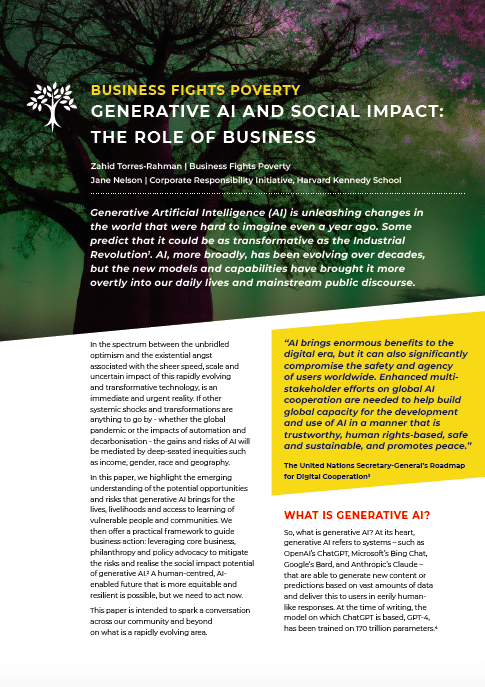This report examines Ibiza’s escalating housing crisis, marked by inaffordability, displacement, underutilisation, and fragmentation, and identifies its structural drivers, from speculation and seasonality to regulatory blindspots. Drawing on surveys of over 1,000 residents and international case studies, it sets out 60 actionable proposals across three pathways: market-driven business initiatives, government-led policies, and community-based models like cooperatives and land trusts. Practical strategies include mobilising vacant stock, strengthening regulation, supporting seasonal workers, and piloting collective ownership. With (Ma) Laboratorio de Transformación Sostenible and Business Fights Poverty, supported by the Government of the Balearic Islands and EU NextGeneration funds.
2025
